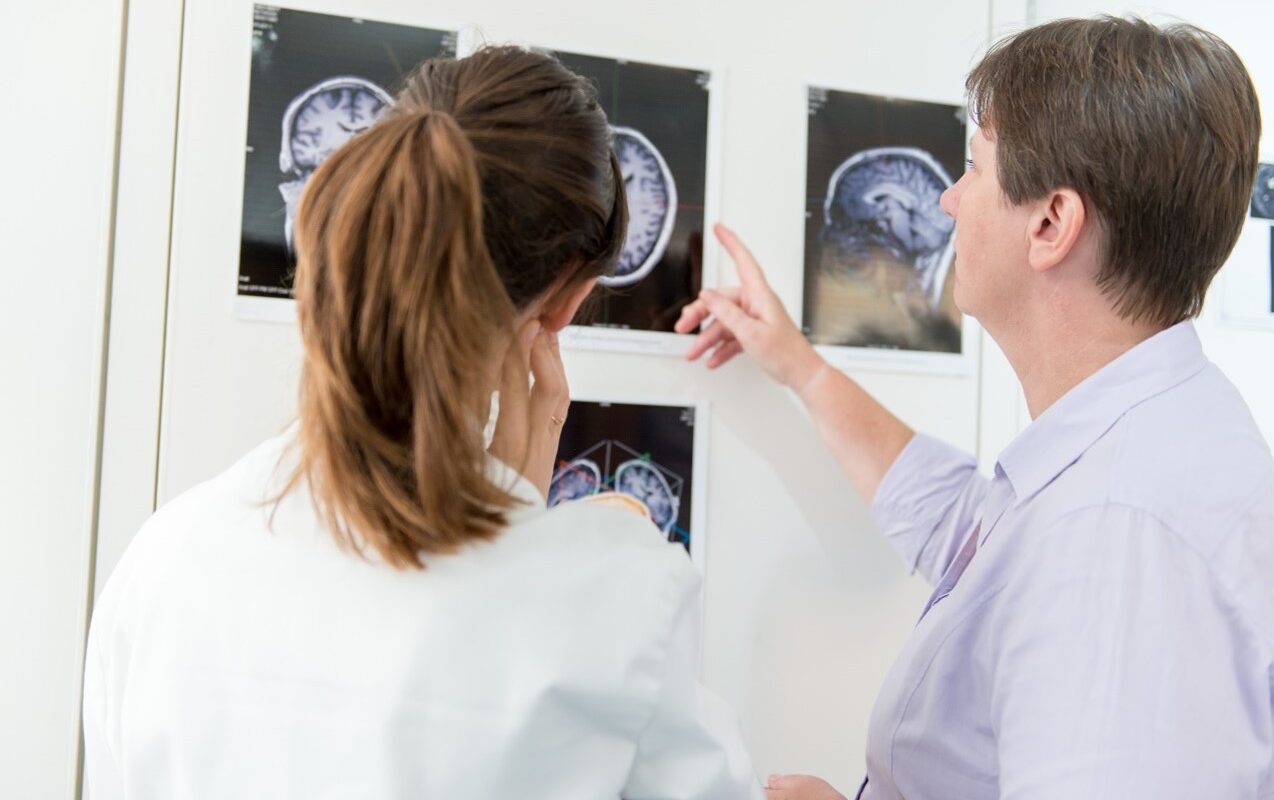Neuropsychology, says expert Dr. Curtis Cripe, is an interesting subject devoted to understanding the link between the brain and behavior. It searches through the complications of the human mind. It further discovers how brain formation and performance affect reasoning abilities, response, and character.
The Foundations of Neuropsychology
Neuropsychology finds its origin back to the encouraging works of early neuroscientists and psychologists who tried to unlock the mysteries of the brain. It learns from the seminal studies of Phineas Gage, whose traumatic brain damage focused on the role of the frontal lobes in character and social activity. It also derives knowledge from the significant discoveries of Paul Broca and Carl Wernicke, who pointed out the brain areas particularly important for language processing. The history of neuropsychology is filled with important developments that have created our understanding of brain-behavior relationships.
Understanding Brain Behaviour Relationships
At its beginning, neuropsychology tries to understand how brain injury or abnormality affects reasoning, feelings, and behavior. By examining patients with brain injuries, neurological disabilities, or developmental situations, neuropsychologists can recognize the patterns of cognitive damage. They can also discover brain regions responsible for particular functions. This method, known as lesion mapping, provides a vital role in the functional organization of the brain. It acts as a great help for the clinical diagnosis and treatment of neurological disabilities more successfully.
Assessing Cognitive Functions
Neuropsychological evaluation is a pillar of clinical practice informed by Dr. Curtis Cripe, It provides clinicians with important information about a patient’s cognitive performance and defects. Using standardized examination and measures, neuropsychologists assess different fields of reasoning function. This includes attention, memory, language, executive function, and visuospatial abilities. These examinations help detect cognitive disabilities, notice changes over time, and advise treatment planning for patients. They may be patients with traumatic brain injury, Alzheimer’s disease, and Parkinsons’ disease.
Neuroplasticity and Rehabilitation
One of the most interesting parts of neuropsychology is its attention to neuroplasticity. Experts in the field such as Dr. Curtis Cripe have seen the brain’s amazing ability to reorganize and adjust in response to experience, injury, or disorder. Neuropsychological involvement tries to utilize brain plasticity to advance recovery and rehabilitation in patients with neurological disorders. Through targeted cognitive training, behavioral therapy, and neurorehabilitation innovations, neuropsychologists help patients. They are then able to optimize their reasoning performance, recover lost skills, and improve their standard of living.
Advancements in Brain Imaging
Recent innovations in neuroimaging technology have transformed the subject of neuropsychology. It has enabled researchers to visualize the living brain with unknown detail and precision. Innovations such as structural MRI, functional MRI, diffusion tensor imaging, and positron emission tomography, provide a lot of information. They give clarity about the brain structure, connectivity, and performance. These imaging modalities enable researchers to study brain-behavior relationships in real time. They can understand neural correlates of cognitive processes, and develop more targeted interventions for neurological disorders.
While neuropsychology has made remarkable improvements in understanding the complications of the human brain, many hurdles lie ahead. The subject is marked by recent discussions about the nature of consciousness, free will, and the mind-brain relationship. Social considerations involving the use of neuroimaging innovations and cognitive development procedures also present complicated social difficulties. In the days ahead neuropsychology guarantees revelation of new insights into the brain’s inner functions. It will certainly promote advanced treatments for neurological disabilities. By merging the advances in neuroscience, technology, and clinical practice, neuropsychologists are confident to continue solving the mysteries of the mind. This consequently will help in improving the lives of patients affected by brain damage or disability.




